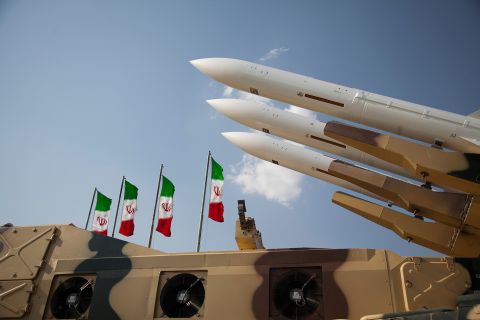Latin American countries represent a fertile ground for oil and gas exploration though various local politics may impact access, according to Luis Giusti, a senior advisor for the Center for Strategic and International Studies. Central and South American countries are mostly willing and able to accommodate foreign investors, with just a few vocal nations painting an unfair representation of the region, he said at a recent Houston World Affairs Council program. The former chief executive of Petroleos de Venezuela, Giusti was responsible for major reform in the Venezuelan oil sector, including $30 billion in foreign investments between 1995 and 2004. "There's an inclination to throw everyone in the same sack," said Giusti, who left PDVSA upon Hugo Chavez's election as president of Venezuela. Despite this, most countries south of the U.S. are important trading partners and offer little to moderate government interference in the petroleum industry. Mexico is a stable supplier of oil to the U.S., but it has burned through a considerable amount of its proved reserves. The country produced 15 billion barrels of oil in 15 years, and is now down to 12 billion proved barrels. Colombia offers a royalty system in which new operators can get 70% of the profit, and Giusti said it may become a major player in the near future. However, it is not a major oil supplier, producing only 150,000 barrels a day. For more on this, see the October issue of Oil and Gas Investor. For a subscription, call 713-260-6441.
Recommended Reading
Russia Orders Companies to Cut Oil Output to Meet OPEC+ Target
2024-03-25 - Russia plans to gradually ease the export cuts and focus on only reducing output.
BP Starts Oil Production at New Offshore Platform in Azerbaijan
2024-04-16 - Azeri Central East offshore platform is the seventh oil platform installed in the Azeri-Chirag-Gunashli field in the Caspian Sea.
Kissler: Mideast Tension Elevates Crude Prices—But for How Long?
2024-05-09 - Producers should be aggressive in locking in desirable crude oil prices on an abnormal market strength.
What's Affecting Oil Prices This Week? (March 18, 2024)
2024-03-18 - On average, Stratas Advisors predicts that supply will be at a deficit of 840,000 bbl/d during 2024.
What's Affecting Oil Prices This Week? (March 11, 2024)
2024-03-11 - Stratas Advisors expects oil prices to move higher in the middle of the year, but for the upcoming week, there is no impetus for prices to raise.



